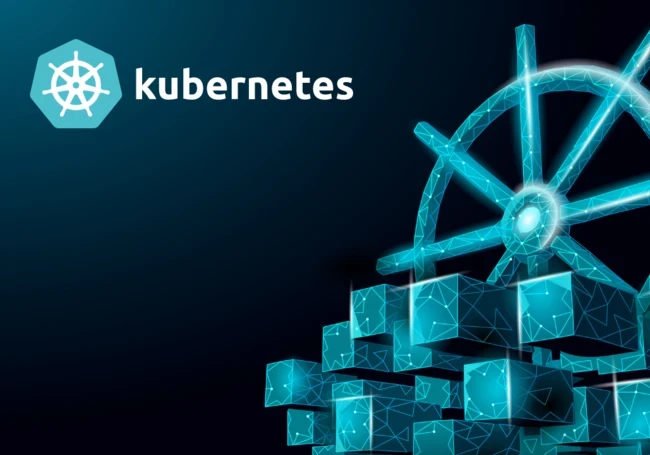Kubernetes has emerged as the go-to project for organisations requiring container orchestration at scale. The open-source container orchestration platform has rapidly evolved since its release as an experimental technology developed by Google ten years ago and is now a standardised infrastructure for cloud-native environments.
Kubernetes operates at the container level rather than the hardware level, handling scalability requirements, failover, deployment patterns, load balancing, logging, and monitoring. It’s not the only option for container management, but it has rapidly become one of the most popular.
Today, Kubernetes is a true open-source community, with engineers from Google, Red Hat, and many other big names actively contributing to the project. Kubernetes’ adoption continues to grow exponentially in 2023, with 96 per cent of organisations using or evaluating the technology.

Although Kubernetes is open-source, many companies looking to adopt Kubernetes do not have the expertise or resources to set up and maintain the cluster themselves. Managed Kubernetes providers provide companies with the necessary support and maintenance of the Kubernetes clusters.
Some even improve upon the core technology, including deeper code delivery, observability and management, integration, and security features built-in to their services. With the market rapidly expanding rapidly, organisations have more options than ever before when choosing a Kubernetes provider that suits their business needs.
In this list, we’ve compiled our picks for the Top 10 Managed Kubernetes service providers boasting scalability, endless customisation, and top-notch security.







Comments ( 0 )